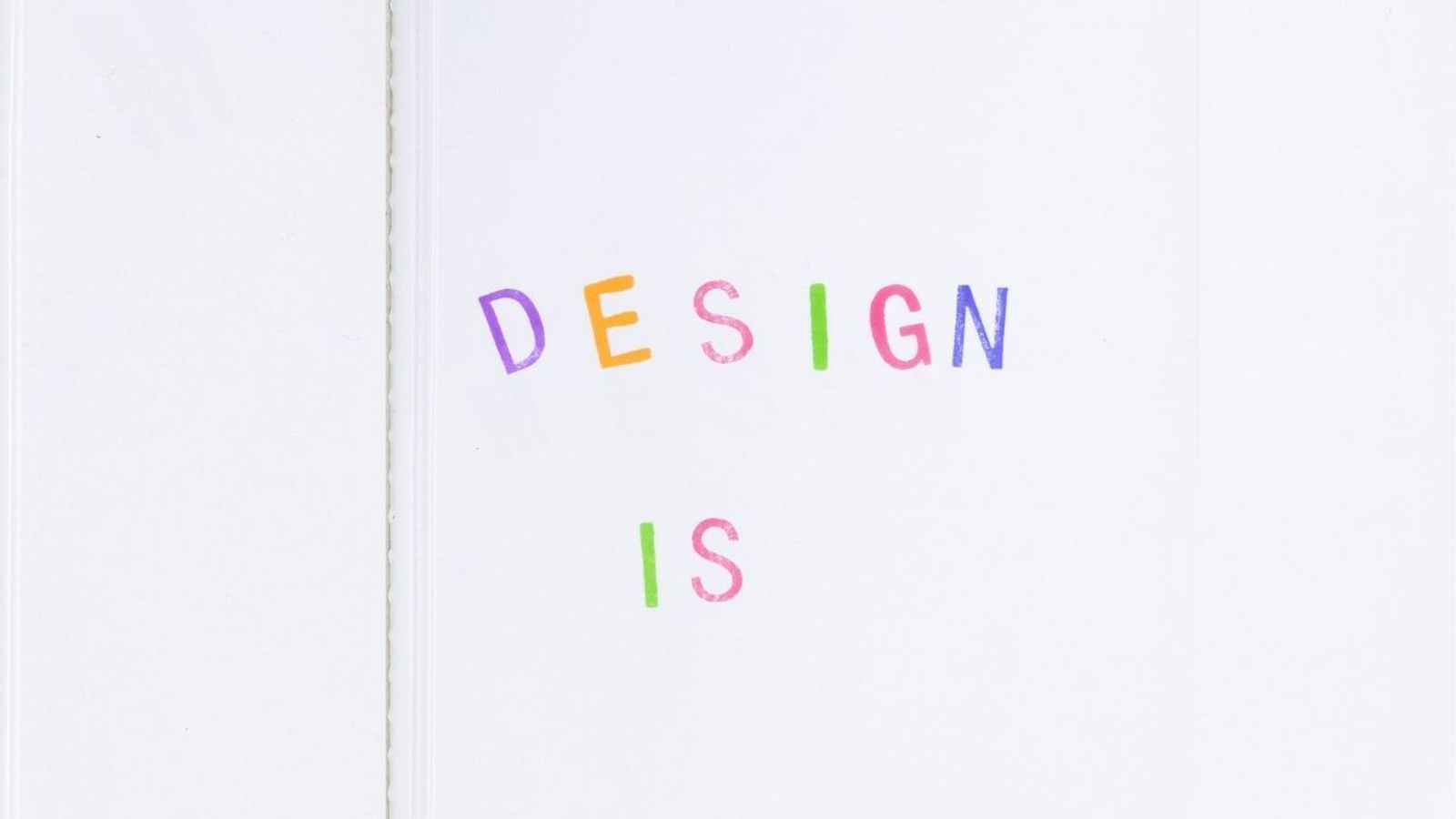Niklavs Rubenis

Niklavs Rubenis
Niklavs Rubenis is designer/ maker located in Tasmania. He spent his lockdown period with family on an island, detached from the rest of Australia. The isolation experience has been an emotional trip for him. The journal starts with a prompt “Design is…”, then there is an answer on every following page. Niklavs presented his reflection on the conflicting act of design and its role in this rapidly changing world.
“Design is…messy, human, survival, expression, tangible, problematic, manipulation, ego, waste, controlling, privilege, community, ethics, critical, change we need.”
We asked Niklavs three questions about his experience of isolation, completing this journal and his hope for the future. These are his responses:
Describe the experience of the period of isolation for you.
I wouldn’t be alone in saying it has been a challenging, definitely weird and at times an almost wonderful experience. Just before Covid hit, my family and I had uprooted and moved to an island. Those feelings of isolation and detachment are compounded by being completely disconnected from the rest of Australia, not to mention confined by four walls. The experience has been a bit of an emotional trip. But I have been very lucky to spend every day with my young family—this has been a gift.
What does your book represent and how did you approach the challenge?
The journal is titled “Design Is …”. Every page has a different word which reflects some thoughts around the conflicting act of design and its role as the world rapidly changes. Although our individual contexts and realities might be different—and regardless of where we are in the world—the pandemic has provided a universal experience. The words in the book are representative of that universality and have been inspired by some online interviews I conducted with peers, friends and colleagues during lockdown. This was useful in keeping connected and occupied but also to archive some insights. The book is reflection of that.
What do you hope will change in Australia as a result of the pandemic?
That we see it for what it is. We are, always have and always will be, at the mercy of forces beyond our control. It reiterates that our world can change in a second. Maybe a heightened sense of community; a greater respect toward each other; a stronger return to local; and that we are all human and trying our best so perhaps more of an emphasis on the things that really do matter.
Niklavs Rubenis is a designer/maker focused on waste. He has been involved with projects spanning community, non-profit, commercial and cultural institutions, and has had work presented and exhibited nationally and internationally. Select collaborative projects include Object Realities, Transformative Repair, Object Therapy and Crafting Waste. Niklavs has a trade in cabinet making, holds a BA Visual Arts (Honours) and a PhD from the Australian National University. He serves on the board of theWorld Crafts Council - Australia; is a coordinating committee member for Global Climate Change Week; and is Senior Lecturer in Object Design, School of Creative Arts & Media at the University of Tasmania.
utas.edu.au/profiles/staff/art/niklavs-rubenis
View Niklavs Rubenis' journal here:
Image: Niklavs Rubenis, Design/Isolate Journal (detail), 2020.
